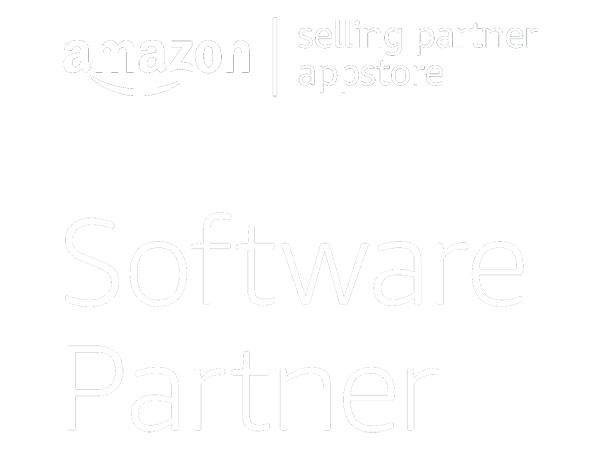As a small business owner, your passion lies in running your business. But how do you work on growing your business? If you’re lucky enough to have word of mouth traffic, then you’ve hit the holy grail of marketing a business. But for the majority, it takes some time and budget to reach new audiences and bring in consistent new traffic. Too often small business marketing budgets are focused on filling social media algorithms with business dollars, when in fact there are low-cost (ahem… even free options) to get your small business marketing machine rolling forward.
So before you spend your entire marketing budget on a short-lived social media campaign, consider some free or low-cost options that will keep working for you long after you hit publish. Your small business and your bank account will thank you. Here are a few low-cost or free small business marketing ideas to get your started.
Google My Business
Google My Business (GMB) is important to keep up to date based on what’s happening in your business. This is often the first result when someone searches Google for your business. If you have a physical location, update your business hours based on any changes due to COVID-19 or other reasons. If you’re providing delivery or curbside service, be sure to mention that in your GMB listing as well. You can also use Google My Business to post updates and specials. Think of it as free marketing at the top of the search results!
And speaking of search results…
Search Engine Optimization (SEO)
Any business, no matter how small, can appear on the first page of Google with a little bit of effort. The best part is that once you’ve written quality SEO content, it lives on your website forever—bringing in new traffic day-after-day, week-after-week, year-after-year.
So, how do you get started with quality SEO content? It can be as simple as consistent blog posts. Write a great blog post on a topic that you know your target audience is interested in and share it on social media—it’s still working for you long after you’ve hit publish. Not to mention, both SEO and blogging give your small business an opportunity to establish yourself as an expert in your industry—something that can’t be bought.
Many small businesses can focus more specifically on local SEO. If your business is, for example, a local bakery or florist, you’ll be attempting to rank for very competitive Google search terms, but you only need to win those rankings in your local market. You may not be able to compete with the content and resources of 1-800-Flowers for generic search terms like “best florists,” but you can certainly compete for “best florists in (your city).”
You’ve already taken a great step for local SEO by updating your Google My Business. Now, find customer reviews. Target key local search terms in your website and content, even if it includes adjacent towns, cities, and zip codes where you might attract customers. And of course, invest some time in building a social media presence.
Social Media for Small Business
Posting consistently across your social media channels has a number of benefits. As I’ve said before, you can build your business credibility by consistently sharing your new content, updates about your business, and any seasonal opportunities. But, what if you don’t have anything to share?
That’s where user-generated content comes in handy. Simply put, it’s content that your customers create for you,and it doesn’t cost a thing. User-generated content can be as simple as a review or testimonial on Google My Business or Facebook (which you can then share on your other channels). You can also ask customers to post photos of them using your product or service and tagging your business or using a custom hashtag. And if you’re really feeling creative, you can host a social media contest—giving away a prize related to your business in exchange for user-generated content. These are just a few ideas, but the opportunities are endless when it comes to user-generated content.
There you have it! Planning and budgeting for marketing can be difficult to justify amongst all your other costs. So, consider some of these consistent alternatives before investing in a marketing budget for a one-time social media effort.
If you do have a few dollars to put into marketing, check out our previous blog on budgeting for social media advertising.


